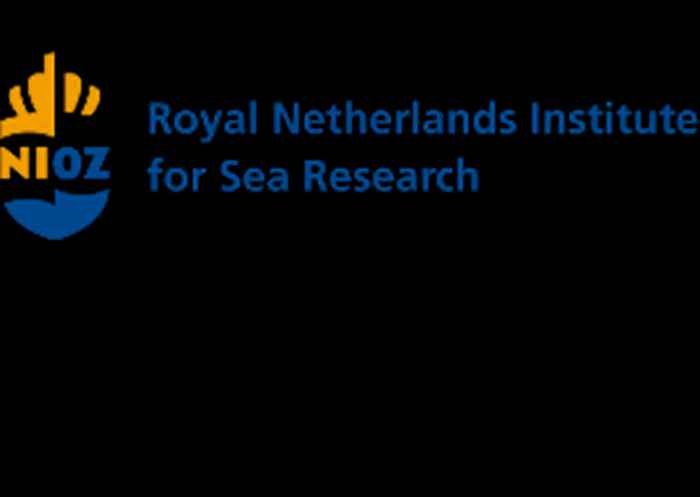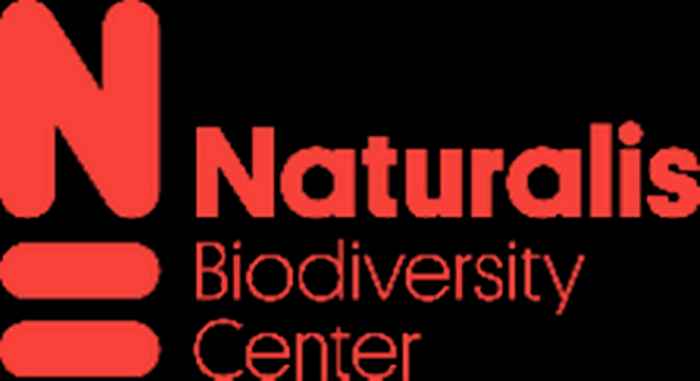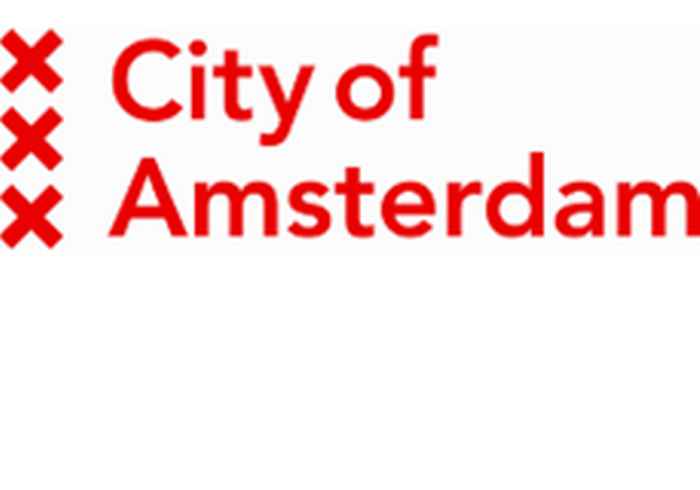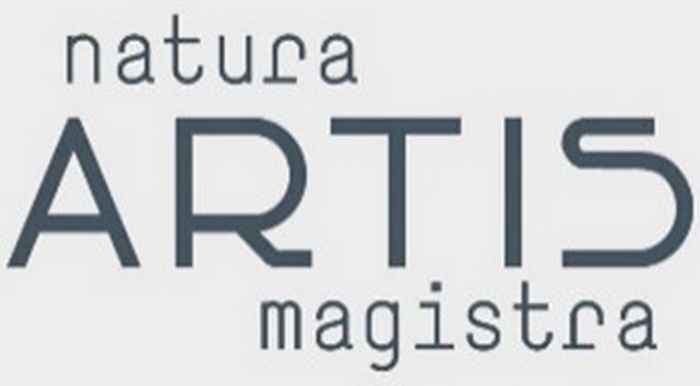Strategic partnerships
The role of the special chairs is to promote interaction between the organizations through developing and facilitating research and educational activities. For example, researchers based at these external organizations may also work towards a PhD at the University of Amsterdam, or MSc researchers at the University of Amsterdam may conduct research internships at the external organizations. To find out more about these organizations, the special chair holders, and ongoing activities click on the links below.

Westerdijk Fungal Biodiversity Institute
The Westerdijk Fungal Biodiversity Institute is part of the Royal Netherlands Academy of Arts and Sciences (KNAW) and is situated in Utrecht. It maintains a world-renowned microbial biologicial collection of living filamentous fungi, yeasts and bacteria. The institute's research programs principally focus on the taxonomy and evolution of fungi as well as on functional aspects of fungal biology and ecology, increasingly making use of molecular and genomics approaches. The institute employs circa 70 personnel, among whom 20 scientists and has an encompassing and high-quality collection of living fungi and related meta data that is highly utilized by public and private parties. The microbial biological resource centre maintains over 120.000 strains of micro-organisms, representing a large percentage of the species in the fungal kingdom that have been cultured to date. In diversity of species, it is unchallenged as a reference centre for mycological research. The Westerdijk Fungal Biodiversity Institute is a centre of expertise and offers various services including identifications, patent deposits and courses. Research projects for third parties can be carried out on a strictly confidential basis. The institute also publishes books and the journals Studies in Mycology, CBS Biodiversity Series and Persoonia.
Prof dr. Ferry Hagen (special chair Fungal Functional Diversity at the UvA via the Westerdijk Institute) focuses on characterising major pathogenic fungi, which are disease causative agents of animals (including humans) and plants. His research aim is to further unravel the epidemiology and population dynamics of human fungal pathogens, investigate antifungal resistance patterns and improve fungal diagnostics and antifungal treatment. As professor by special appointment, he studies the diversity of the fungal kingdom in relation to their functions to improve our understanding of their role in ecosystems under the influence of major global changes on both the ecological and society level, and what primes fungi to shift from the free‐living to the disease-causing state.

Royal Netherlands Institute for Sea Research (NIOZ)
NIOZ, the Royal Netherlands Institute for Sea Research, is the national oceanographic institute and the Netherlands’ centre of expertise for the ocean, sea and coast. It advances fundamental understanding of marine systems, the way they change, the role they play in climate and biodiversity, and how they may provide sustainable solutions to society in the future. Science at the NIOZ is conducted in four scientific departments. Three of them are area oriented: estuaries and delta areas, coastal seas and open oceans. The department of Marine Microbiology and Biogeochemistry studies microbial communities in all types of marine environments, from estuaries to the deep ocean, from the deep past to the present. Using field and experimental approaches and a variety of analytical, (bio)chemical and genomic techniques, it studies the diversity, evolution, physiology and activity of eukaryotes, prokaryotes and viruses in diverse marine environmental settings. It does so by using a variety of analytical chemical, biochemical and modern genomic techniques.
Prof dr. Anja Spang (special chair Symbioses in Evolution at the UvA via the NIOZ) focuses on Archaea. These are the single-celled microorganisms which form one of two primary domains – the other being Bacteria. Initially, the Archaea were mainly known for their ability to survive in extreme environments. But it has since become clear that they occur in almost any thinkable environment on Earth. They are not only found on our bodies, but also in soils, lakes, the ocean and in sediments. Although the Archaea form a primary branch in the tree of life just like Bacteria, they are much less studied so far. For example, many details regarding their role in natural ecosystems and in the evolution of life remain unknown. Prof. Spang is especially interested in the idea that the complex eukaryotic cells - which comprise organisms such as algae, protists, plants, fungi and animals - originated from a symbiosis between archaea and bacteria. At NIOZ, she now aims to further illuminate the role of Archaea in life’s evolution and elucidate how symbiotic interactions have shaped biodiversity. Furthermore, she seeks to unveil how symbiotic archaea contribute to the structure of microbial communities, especially in poorly investigated marine environments such as deep waters, sediments and hydrothermal vents.

Naturalis Biodiversity Center
Naturalis Biodiversity Center in Leiden is the Dutch national research institute for biodiversity and systematics. Naturalis hosts over 120 researchers including 15 academia embedded professors and 50 PhD students and the institute collaborates with many Dutch universities, research institutes, industry, and government. With a collection of 43 million specimens, one of the world's largest natural history collections, and state-of-the-art research facilities Naturalis offers the (inter)national research infrastructure for species identification and monitoring.
Dr. Vincent Merckx (special chair Understanding Evolution) leads the Understanding Evolution group at Naturalis and focusses on the evolution and ecology of the interactions between plants and mycorrhizal fungi. He maps the mycorrhizal networks between plants and fungi, both in natural and urban environments. He also investigates how carbon can be transferred between plants by shared mycorrhizal fungi and how this phenomenon has evolved. In addition, he is interested in soil biodiversity and how this diversity can be measured and monitored using DNA-based techniques.

City of Amsterdam
The city of Amsterdam is the capital and most populous city of the Netherlands. It has a population of well over 900.000 within the city proper, one and a half million in the urban area and two and a half million in the metropolitan area. While it is densely populated it is surrounded by nature reserves such as coastal dune areas, forest areas such as the "Amsterdamse Bos" and the "Vliegenbos", rural areas such as "Waterland" and lakes such as the "IJmeer". In winter, tens of thousands of geese graze in "Waterland" and you can see groups of hundreds of lapwings, curlews and golden plovers. The "IJmeer" is a European nature reserve because of the large numbers of wintering ducks, such as the tufted duck and the pochard. In addition, there are numerous green city borders such as the "Brettenzone", de "Oeverlanden van de Nieuwe Meer", the "Noorder IJplas", the "Diemerpark" and the "Bijlmerweide" are rugged areas where swamp, water, forest and open areas alternate. Birds such as the bluethroat and nightingale breed here and you will find natterjack toads. In the “Diemerpark” and “Diemerbos” you will find grass snakes while within the city borders 6 species of bats can be found and over 100 species of bees.
Geert Timmermans (Honorary Fellow Urban Ecology at the UvA via the City of Amsterdam) is an urban ecologist with the municipality of Amsterdam and is responsible for policies on ecology and biodiversity in Amsterdam. He fulfills a bridging role and helps to shape Amsterdam's living labs, thus creating a link between the scientific research on promoting biodiversity carried out at the IBED and the environmental plans and spatial planning developed by the City of Amsterdam. He strives for science and the public sector to join forces to develop the city and the energy transition in such a way that biodiversity is promoted at the same time. For such a nature-inclusive design, it is important that different disciplines of spatial planning, such as urban planning, infrastructure, (landscape) architecture, green and water managers, ecologists and scientists work together to be able to integrate the various nature-inclusive and biodiversity objectives.
The Department of Evolutionary and Population Biology (EPB) also maintains strategic partnerships via its permanent staff.

ARTIS Amsterdam Royal Zoo
ARTIS Amsterdam Royal Zoo was founded as “Natura Artis Magistra” in 1838 to "Promote the knowledge of Natural History". Nowadays it is a zoo and botanical garden in the centre of Amsterdam. It is the fifth oldest zoo in the world. Artis also contains an aquarium, a planetarium, an arboretum, Micropia, and the Groote Museum.
IBED scientist Prof dr. Karline Janmaat (special chair Cognitive Behavioural Ecology at Leiden University via ARTIS Amsterdam Royal Zoo) focusses on the evolutionary function and diversity of cognition among individual animals and primates in particular. She is specialized in studying the cognitive strategies that individuals use in their daily search for food, by using a combination of detailed observations of the characteristics of different socio-ecological contexts (e.g., in the zoo vs. the wild), longitudinal observations of the behaviors of individual monkeys, apes, and humans in a variety of populations, Virtual-reality technology and modelling techniques. She aims to reveal the extent of cognitive complex skills of animals, such as episodic-like memory and flexible route planning and to map the context in which animals employ them. By contributing such data to a comparative framework and working in collaboration with field- and lab-based researchers, she contributes to our understanding of the evolutionary function of foraging cognition and its variation and plasticity. Finally, by implementing knowledge on the daily challenges faced by populations in the natural habitat, she investigates if and how the mental well-being of captive animals can be improved. Janmaat organized joint funding of ARTIS, UvA and Leiden to support research, which for example enabled the construction of a (digital) enrichment setups for chimpanzees. By means of this funding Janmaat enables BSc and MSc students and postdocs from different disciplines and universities to collaboratively study non-human and human behavior in ARTIS. The results of their work are presented at weekly public gatherings at the Groote museum. From 2016 she also gives lecture series at ARTIS where the Amsterdam public can gain knowledge about the evolution of cognition together with BSc students from the study program Psychobiology (UvA). From 2020 she also gives yearly more specialized public lectures about her research.